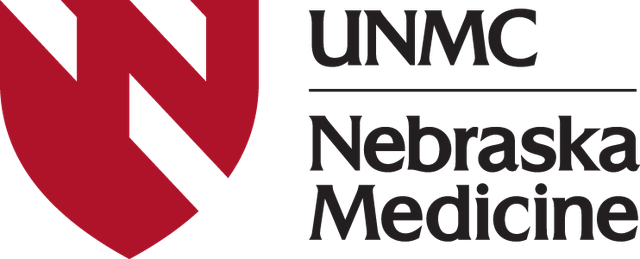.jpg)
Clinical trials have a long history. One of the earliest known trials dates back to the early 1700s, when a Scottish surgeon named James Lind, used this methodology to determine the cause of scurvy. Over time, the medical community has embraced the importance of clinical trials in improving medicine and the quality of life for mankind.
“Today, almost all of what we know and understand about medicine and the human body is a result of research and clinical trials,” says Christopher Kratochvil, MD, vice president of research at Nebraska Medicine and associate vice chancellor for clinical research at the University of Nebraska Medical Center (UNMC). “That’s why research is part of our mission statement here at UNMC and Nebraska Medicine, and why so many of our clinicians are involved in research in some capacity from the basic science labs to clinical trials. We understand its significance in moving medicine forward.”
To get more information about clinical trials, visit us at NebraskaMed.com/Clinical-trials.
Each phase of research is equally as important and helps test the safety and effectiveness of a new therapy, says Apar Kishor Ganti, MD, medical oncologist and associate director of the Clinical Trials Office at Fred & Pamela Buffett Cancer Center. “For instance, our scientists may perform hundreds or thousands of hours of work in our basic science research laboratories even before a molecule makes it to the clinical trial phase,” he explains. “And for every molecule that makes it to the market, at least 1,000 have been studied and found not to be useful.”
Once a new discovery reaches clinical trials, it goes through several more stages of study and testing. It may take a new drug 10 to 15 years or more to make it through all stages before it receives approval by the Food and Drug Administration (FDA). “During this process, safety is paramount and there are many safeguards in place,” says Dr. Ganti.
Patients can gain many benefits by receiving care at a medical center that is involved in clinical trials, he says. These include:
- The opportunity to be one of the first to try one of the latest advancements in medicine as part of your treatment strategy
- Even if you become part of the control group rather than the group receiving the new therapy, you will still be receiving the most current standard of care
- Studies indicate that patients involved in clinical trials, whether they are receiving the new therapy or the current standard of care, often do better because patient monitoring in trials is much more intense
- Many experimental drugs are free of cost to the patient
“As a patient, you want to know you are doing all you can to get the best care possible and the most current and advanced treatment,” says Dr. Ganti. “Participating in a clinical trial ensures you are doing that. In some cases, it may be a last treatment option and may save your life. Saving lives and improving quality of life is our ultimate goal.”

